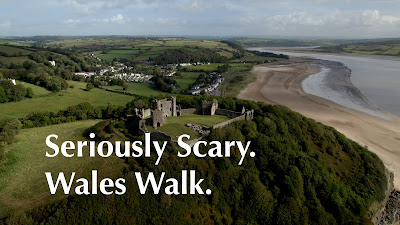Response to major pollution incident to be tested
UK Government
to run national oil pollution exercise off the coast of Lincolnshire, Northern
Lincolnshire and East Yorkshire
The UK Government, local authorities and other key stakeholders will be testing their response to a major at sea and shoreline pollution incident on 22nd and 23rd November 2016 with Exercise Grey Seal.
The Maritime and Coastguard Agency (MCA) is the custodian of the UK
National Contingency Plan which details the UK’s response to marine pollution
from shipping and offshore installations. The MCA arranges national counter
pollution exercises for shipping every three years, around the UK, to ensure
the National Contingency Plan remains appropriate and fit for purpose. Exercise
Grey Seal will include participation by more than 60 organisations including
the MCA, Department for Transport, local
authorities, Shell International Trading & Shipping, P&O Ferries, ABP
and Environment Agency.
The day before the exercise (21st
November) there will be an opportunity to see a range of oil spill response equipment
and the associated clean up techniques on Mablethorpe Beach.
Colin Mulvana, Exercise Director said:
“The UK has an excellent record
for managing and responding to the risk of major pollution incidents at sea and
around our shores from shipping and the offshore oil and gas industry but the
potential risk to the UK remains real. Over 500 million tonnes of UK goods and
21 million passengers travel by sea every year. It is vital that we continue to
test our response capability.
Exercise Grey Seal will allow us to test the response to oil pollution at
sea, where monitoring and clean-up is overseen by the MCA and then how to best
support regional responders who are responsible for dealing with oil once it
has come ashore.”
Ian Reed, Emergency Planning & Business Continuity
Manager at Lincolnshire County Council, said:
"This is a great opportunity for both national and local
organisations to test their readiness and their
preparations for a major environmental incident, without actually causing any
harm to the environment. It also allows us to engage with our partners, and to
validate plans and procedures.”


